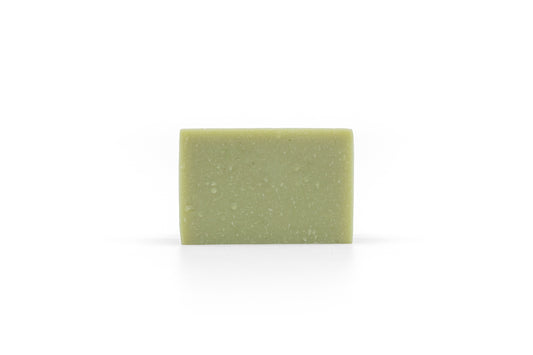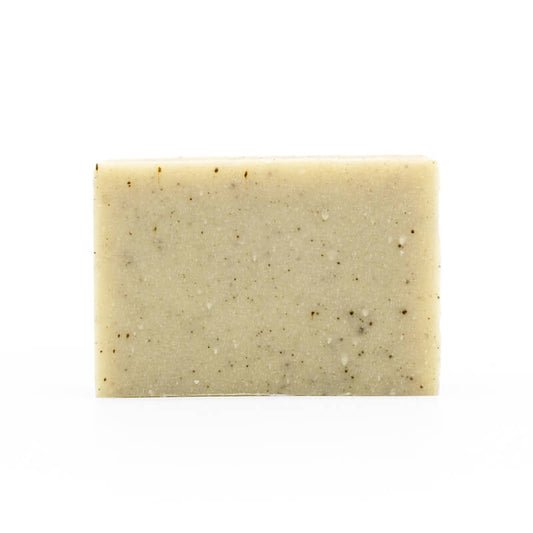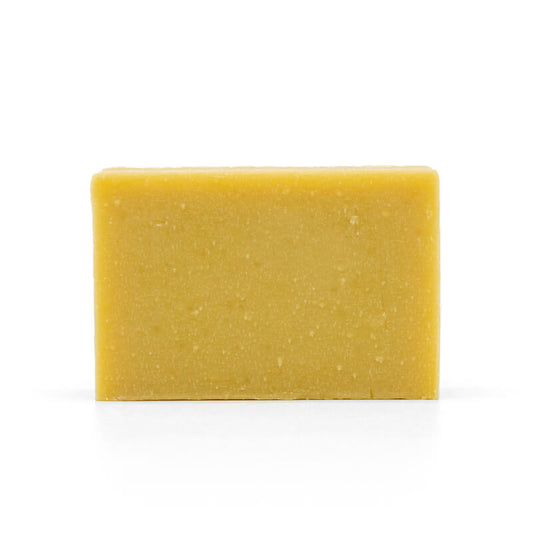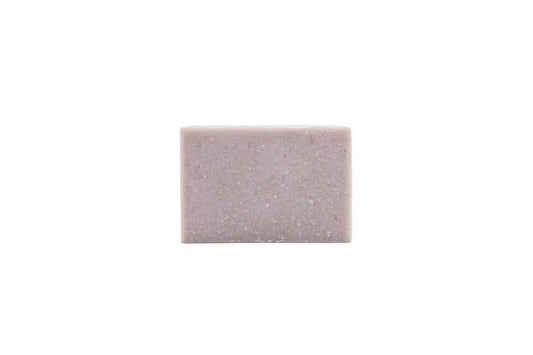Rose Geranium Essential Oil
 Both beautiful and fragrant, rose geranium is a popular plant in both ornamental horticulture and perfumery. This pink flower is a well loved member of Beaverton’s fragrance library, and just one of many ingredients used to enhance the sensual aspect of naturally derived cold process soap and skincare products.
Both beautiful and fragrant, rose geranium is a popular plant in both ornamental horticulture and perfumery. This pink flower is a well loved member of Beaverton’s fragrance library, and just one of many ingredients used to enhance the sensual aspect of naturally derived cold process soap and skincare products.

A cluster of rose granium flowers ; Image: Wikipedia
The flower often called “rose geranium” is a particular variety of the Pelargonium graveolens plant. One of many flowers referred to with the common name “geranium”, P. graveolens is a highly fragrant plant that is popular in perfumery for its sweet floral scent. Growing as a short long-lived shrub with gorgeous pink flowers, these geranium plants are cultivated around the world for use in gardens and aromatic blends. Originating in the southern reaches of the African continent, P. graveolens flowers were first distilled into essential oil during the late 17th century in France after being brought back from South Africa by Europeans. The aromatic flowers were then exported from France to much of the French colonies and a number of other countries around the world. Currently, the largest commercial sources of geranium flowers are China and Egypt.

Domesticated rose geraniums ; Image: Shoot Gardening
Today there are a multitude of P. graveolens cultivars, each with their own character and scent profile; the location in which a particular variety is grown also subtly impacts its scent, influencing the balance of certain fragrant compounds within the flower such as citronellol and geraniol. The variety known as “rose geranium” is usually the specific variety that is typically preferred by both contemporary perfumers and consumers of scented products. So named for its rose-like smell, rose geranium acts as a valuable component of floral scents, and in some cases its extracts may even be used to dilute or replace the significantly more costly oil of true rose flowers. This similarity between the calming scent of rose and the soothing smell of rose geranium also make P. graveolens extracts somewhat popular in the world of aromatherapy and scented massage therapy. Just like true roses, rose geranium may also be used in cuisine as a floral flavouring agent, most often for sweeter foods like cakes, syrups, herbal teas, jams, and jellies.

An illustration of the P. graveolens plant ; Image: ScienceDirect/Academic Press
The essential oil produced from rose geranium flowers is an important aromatic ingredient in scented soaps, with the naturally derived soap of Beaverton’s being no exception. Rose geranium essential oil produced from flowers grown on the island of La Réunion in the Indian Ocean is blended with other herbal scents to amplify the experience of washing with Beaverton’s cold process soap bars. With its soft and almost fruity smell, rose geranium will gently trigger the nose, and enliven the senses.







